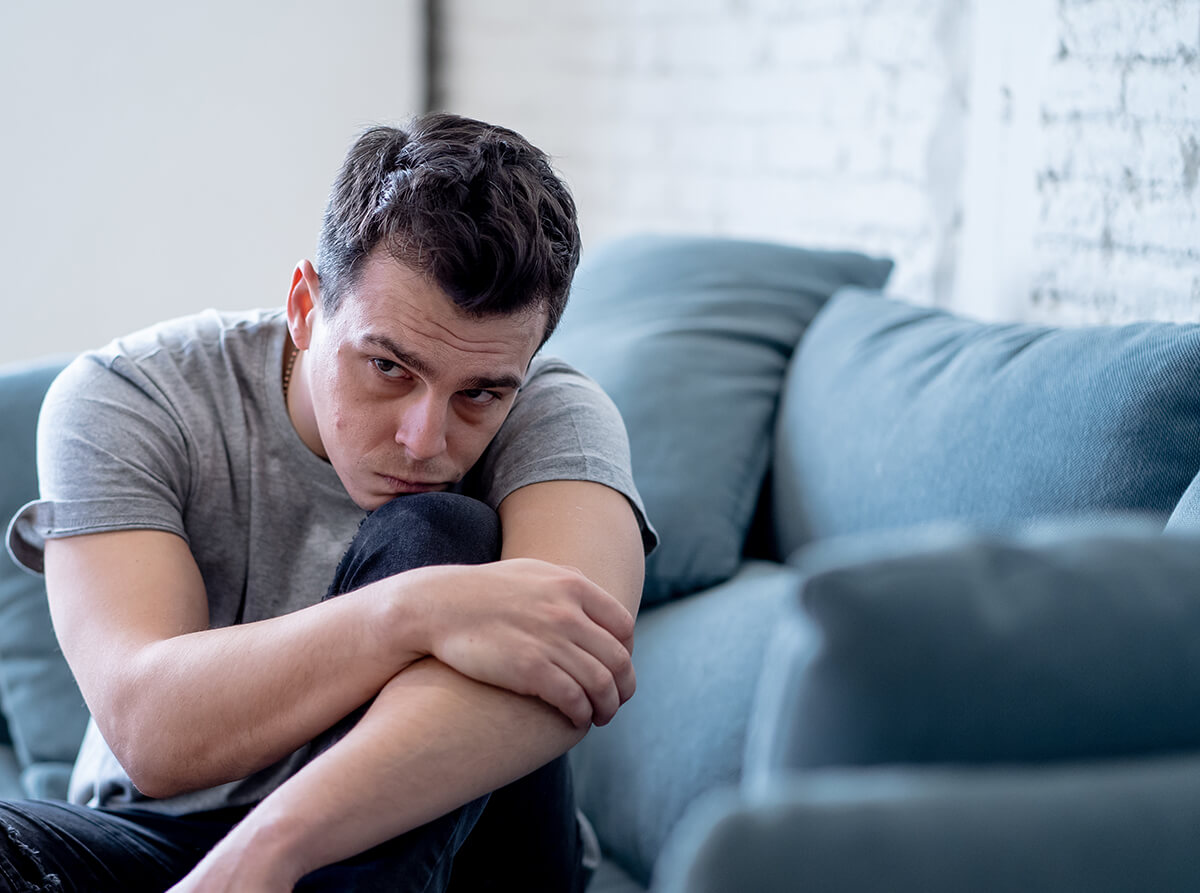Withdrawal treatment involves emotional support, attention, and drugs that help alleviate symptoms and avoid consequences. People who use some substances can swiftly stop using them and manage their symptoms of withdrawal on their own. For example, a person may be able to stop drinking coffee under their own and manage with the terrible side effects until they pass.
However, quickly discontinuing drugs including benzodiazepines or alcohol can indeed be risky, and always visit your physician before devising a detox plan. Physician-assisted withdrawal can make you feel safe while also reducing uncomfortable withdrawal symptoms.
What does withdrawal feel like?
The individual may feel hot and chilly, have shivers, or have a runny nose as if they had a cold. Extreme withdrawal effects may also include paranoia, anxiety, shivering, and dizziness, particularly for drugs and alcohol.
Managing Withdrawal
In terms of getting medical assistance, there are certain things you can do to reduce stress and anxiety during the withdrawal process:
Solicit assistance
It is critical to have emotional support if you are dealing with withdrawals on your own and under the guidance of a physician. Inform a trusted relative or friend so that they could check in on you and provide care throughout the procedure.
Eat healthily
Consume healthful, well-balanced diets. Consuming fried, greasy, or sweet meals may aggravate your symptoms.
Workout
Make an effort to engage in some physical exercise every day. Moving, jogging, swimming, and other exercises might help improve mood.
Drink a lot of water
It’s critical to keep drinking during withdrawal, particularly if you’re having flu-like effects like nausea and vomiting.
Over-the-counter (OTC) drugs can help relieve symptoms. If you have signs such as headaches, stomachache, or diarrhoea, use suitable OTC drugs in the indicated quantities.
Sleep
Although withdrawal can occasionally cause sleeping problems, make an effort to get enough rest. Work on developing a sleep schedule and appropriate sleeping habits.
Yoga and meditation are two stress-reduction techniques that may help you overcome your symptoms of withdrawal. Therefore, if you are having difficulty coping or are experiencing any concerning symptoms, please consult your doctor.













Comments